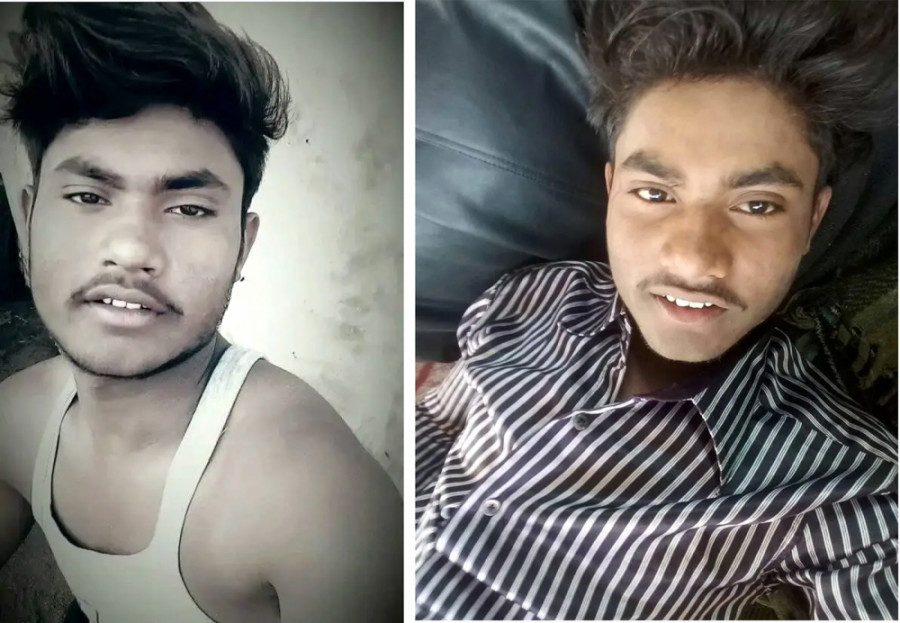Editorial
Killing by other means
The criminal system that takes in young, healthy humans and returns dead bodies must stop.
A young Dalit man is locked up in Rolpa prison for a crime he did not commit. He tells his family members that he is being tortured in custody, but he assures them that he will come out of jail soon. He does come out—or is carried out—not as the young man that he was, but as a cadaver.
This is a tragic story of democratic republic that has a policing system that functions with a medieval mentality. This is also a story of social inequality and oppression, as most of the individuals who die in custody under suspicious conditions belong to marginalised groups.
That Sundar Harijan was locked up instead of the actual perpetrator Bijay Bikram Shah itself speaks volumes about the injustices that belie Nepal’s criminal justice system. Harijan is the quintessential Nepali marginal figure whose right to freedom was constrained while having to serve time for a crime committed by someone else. But his very right to live was taken away when he allegedly committed suicide inside the prison on May 16.
The very use of the term "suicide" to speak about custodial deaths, even if that results from self-inflicted harm, masks the immense physical and psychological violence that inmates are routinely subjected to. What unearthly force otherwise inspires a youth to take his own life just days after he expresses his hope of walking out free, if not for the violence he allegedly suffered while in custody?
The police and prison authorities that have yet to learn the basic tenets of humanity will get away by claiming that they had no role in the death of the youth. After all, they have hardly had to face the consequences of seeing the deaths of Durgesh Yadav in July 2020, of Shambhu Sada in June 2020, of Hem Bahadur Rawat in January 2020, and of Kumar Paudel in June 2019—just to name a few.
As with the previous instances of custodial deaths, the government panel formed to probe Harijan’s death gave a clean chit to prison authorities, claiming that there was no involvement of the prison administration in the youth’s death. For those still seeking the Kafkaesque touch in the tragic story, the panel was led by a director of the Prison Department! An insult to an injury, a travesty of justice, a conclusion foretold. A human life taken under the watch of the system that is mandated to safeguard them, and yet no one to face the repercussions, legal or moral.
This must change. There should be an independent probe in each death—"natural" or "unnatural"—inside prison cells and in police custodies. The criminal system that takes in young, healthy humans and returns dead bodies must stop. Or we should stop calling ourselves a modern society altogether.




 13.12°C Kathmandu
13.12°C Kathmandu














